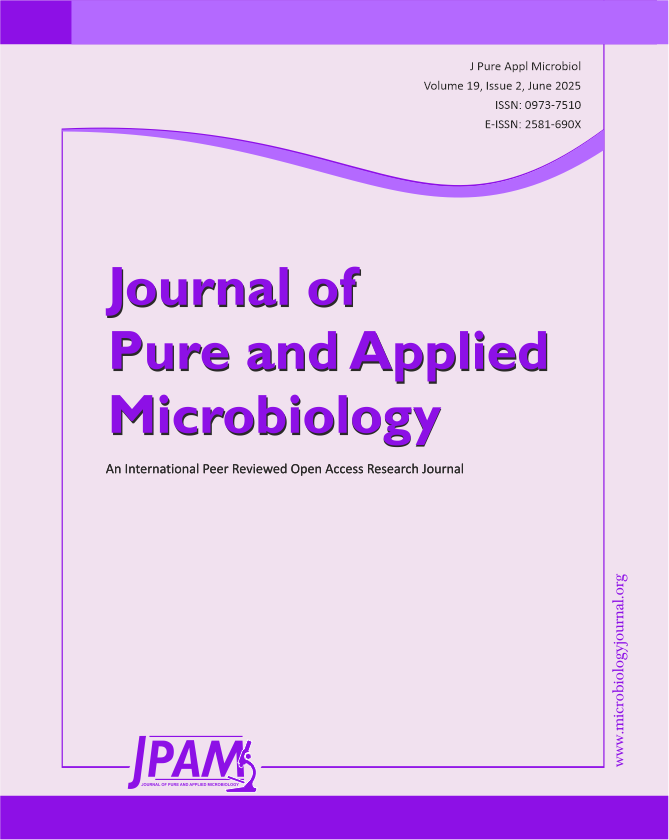Carbapenems are the preferred last-line agents for treating multidrug-resistant (MDR) bacterial infections frequently observed in hospital environments. The objective of this study was to estimate the prevalence of different genes linked to carbapenemase production in Enterobacteriaceae, utilizing samples obtained from a tertiary healthcare center located in South India. A retrospective investigation included isolates from blood, tracheal aspirate, bronchoalveolar lavage (BAL), pleural fluid, and mini-BAL from chosen patients, which were inoculated onto blood agar or MacConkey agar and underwent Carba-R testing with the GENE Xpert Carba-R Assay. The study included the various samples sent to the Diagnostic Microbiology Laboratory obtained from all patients between January 2020 to August 2023. The results showed that majority were respiratory samples (31%) followed by blood culture samples (28%) and urine samples (23%). Among the total infections that are culture-positive for Enterobacteriaceae, 10.6% were carbapenem-resistant Enterobacteriaceae. The most common organisms detected was Klebsiella pneumoniae (83%) followed by Escherichia coli (10%), and other various organisms. Among the genotypes, the OXA-48 genotype (31%) was the most prevalent, followed by the NDM genotype (25%) and the KPC genotype (1.3%) as resistance inducers. Additionally, 37% of isolates exhibited a combination of both OXA-48 and NDM genes, while 13.5% of organisms demonstrated the presence of OXA-48, NDM, and KPC. The results helped conclude that OXA-48 followed by NDM genotype were responsible for inducing resistance in more than 50% of the CROs detected. The results elucidate the diverse levels of resistance-acquiring genotypes, which can enhance the formulation of improved patient treatments.
Bacteria, Beta-lactam Antibiotics, Carbapenem-resistant Enterobacteriaceae, Drug-resistance, Genotype
© The Author(s) 2025. Open Access. This article is distributed under the terms of the Creative Commons Attribution 4.0 International License which permits unrestricted use, sharing, distribution, and reproduction in any medium, provided you give appropriate credit to the original author(s) and the source, provide a link to the Creative Commons license, and indicate if changes were made.


